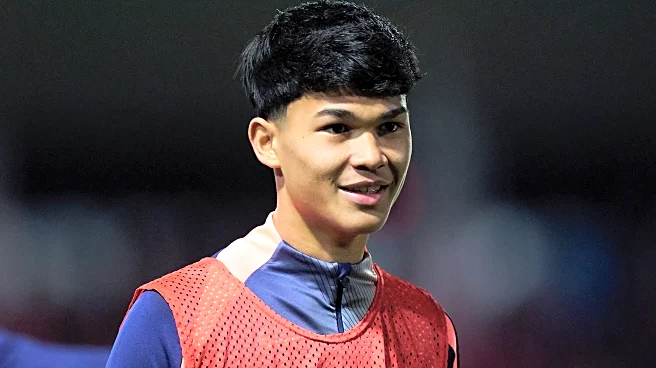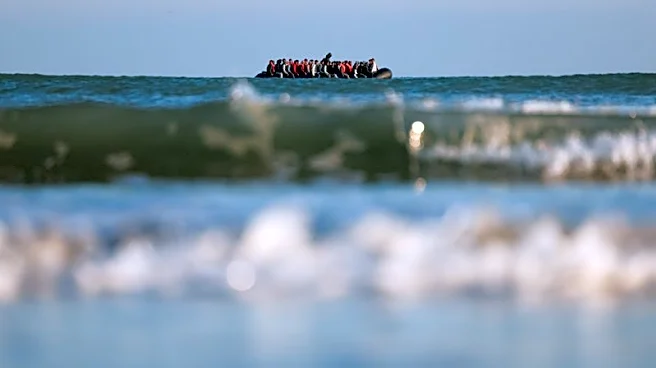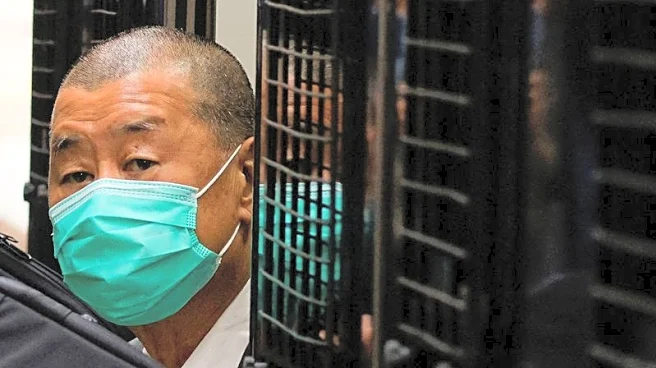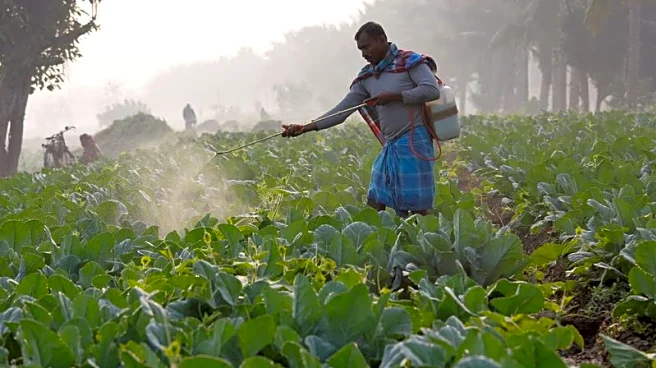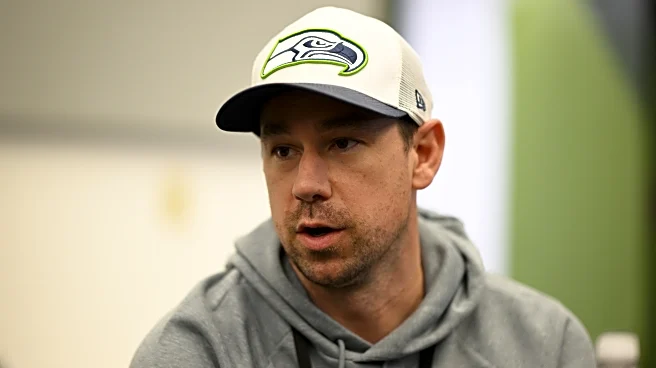Rapid Read • 8 min read
Judith Sumwina Tuluka was appointed as the first female Prime Minister of the Democratic Republic of the Congo (DRC) on April 1, 2024, following extensive negotiations. Her appointment marks a significant milestone in women's representation in the country's government. The DRC, rich in natural resources, has been plagued by a long history of conflict, political instability, and humanitarian crises. The resurgence of the M23 rebel group has exacerbated tensions, particularly in the eastern regions, leading to widespread displacement and violence. Despite these challenges, the DRC's economy showed resilience, with a growth rate of 6.5% in 2024, driven by the extractive industry.
AD
The appointment of Judith Sumwina Tuluka as Prime Minister is a pivotal moment for gender equality in the DRC, potentially inspiring further reforms in governance and women's rights. Her leadership comes at a critical time as the country faces ongoing conflict and humanitarian challenges. The economic growth, although promising, is overshadowed by the instability caused by the M23 rebellion, which threatens to derail development efforts. The DRC's vast natural resources, including minerals essential for global industries, make its stability crucial for international stakeholders, particularly in the mining sector.
The DRC government is expected to focus on strengthening governance and implementing structural reforms to restore stability and attract investment. Efforts to address the humanitarian crisis and improve access to basic services are likely to be prioritized. The international community, including the World Bank, continues to support the DRC's stabilization and development through strategic partnerships and reforms. The trajectory of the M23 rebellion and its impact on regional security will be closely monitored, with potential diplomatic interventions to mitigate further conflict.
The DRC's complex socio-political landscape, marked by ethnic tensions and resource exploitation, poses ethical and legal challenges. The international community's involvement, particularly in the mining sector, raises questions about equitable resource distribution and the protection of human rights. The resurgence of the M23 group highlights the need for comprehensive peace-building efforts and reconciliation processes to address historical grievances and foster long-term stability.
AD
More Stories You Might Enjoy
